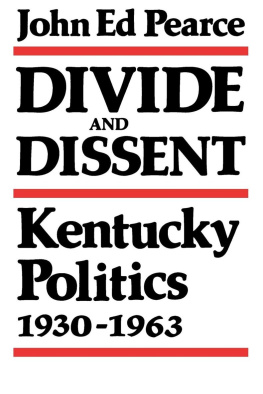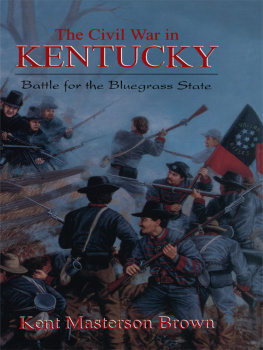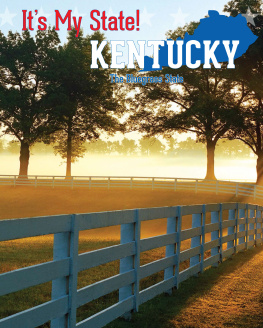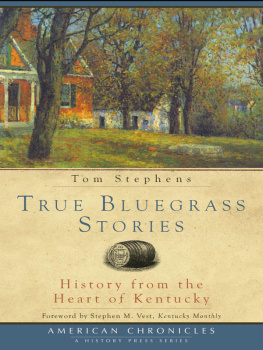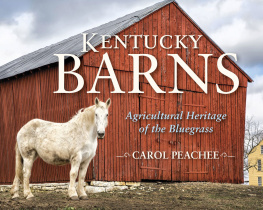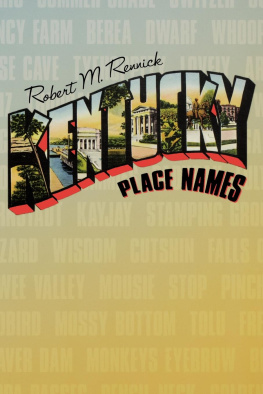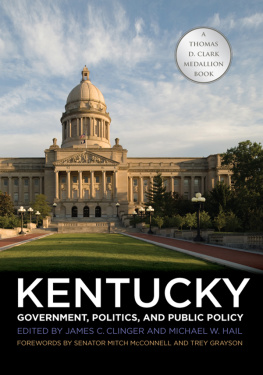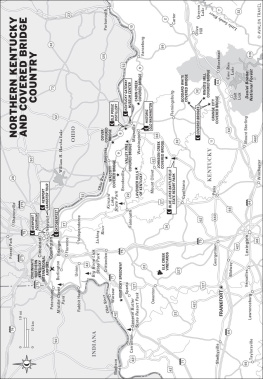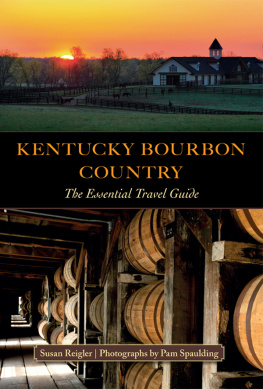John Ed Pearce - Divide and Dissent: Kentucky Politics, 1930-1963
Here you can read online John Ed Pearce - Divide and Dissent: Kentucky Politics, 1930-1963 full text of the book (entire story) in english for free. Download pdf and epub, get meaning, cover and reviews about this ebook. year: 2021, publisher: University Press of Kentucky, genre: Politics. Description of the work, (preface) as well as reviews are available. Best literature library LitArk.com created for fans of good reading and offers a wide selection of genres:
Romance novel
Science fiction
Adventure
Detective
Science
History
Home and family
Prose
Art
Politics
Computer
Non-fiction
Religion
Business
Children
Humor
Choose a favorite category and find really read worthwhile books. Enjoy immersion in the world of imagination, feel the emotions of the characters or learn something new for yourself, make an fascinating discovery.
- Book:Divide and Dissent: Kentucky Politics, 1930-1963
- Author:
- Publisher:University Press of Kentucky
- Genre:
- Year:2021
- Rating:3 / 5
- Favourites:Add to favourites
- Your mark:
Divide and Dissent: Kentucky Politics, 1930-1963: summary, description and annotation
We offer to read an annotation, description, summary or preface (depends on what the author of the book "Divide and Dissent: Kentucky Politics, 1930-1963" wrote himself). If you haven't found the necessary information about the book — write in the comments, we will try to find it.
Few men have been more important to the life of Kentucky than three of those who governed it between 1930 and 1963Albert B. Chandler, Earle C. Clements, and Bert T. Combs. While reams of newspaper copy have been written about them, the historical record offers little to mark their roles in the drama of Kentucky and the nation. In this authoritative and sometimes intimate view of Bluegrass State politics and government at ground level, John Ed Pearceone of Kentuckys favorite writershelps fill this gap.
In half a century as a close observer of Kentucky politicsas reporter, editorial writer, and columnist for the Louisville Courier-JournalPearce has seen the full spectacle. He watched Happy Chandler vault into national prominence with his flamboyant campaign style. He was shaken by Earle Clements for asking an awkward question. He joined in the laughter when a striptease artist was commissioned a Kentucky Colonel during the Combs administration. And he watched as the successive governors struggled to move the state forward, each in his own way.
Yet this is more than a newsmans account of events. Pearce probes for the roots of the troubles that have slowed Kentuckys progress. He traces the divisions that have plagued the state for almost two centuries, divisions springing from the nature of Kentuckys beginnings. He studies the lack of leadership that has hampered the always dominant Democratic party and the bitter factionalism that has kept the party from developing a cohesive philosophy. When the candidate of one faction has taken office, he shows, the losing faction has usually made political hay by bolting to the opposition party or torpedoing the governors efforts in the legislature instead of uniting behind a progressive party program. The outcome of such long-term factionalism is a state that must now run fast to catch up.
John Ed Pearce: author's other books
Who wrote Divide and Dissent: Kentucky Politics, 1930-1963? Find out the surname, the name of the author of the book and a list of all author's works by series.

